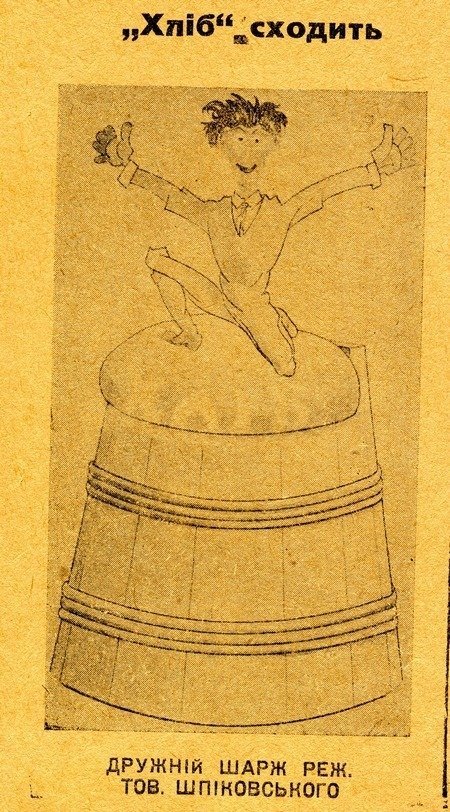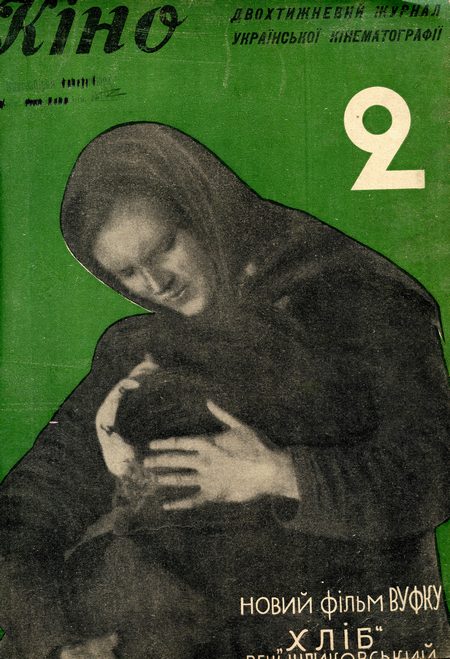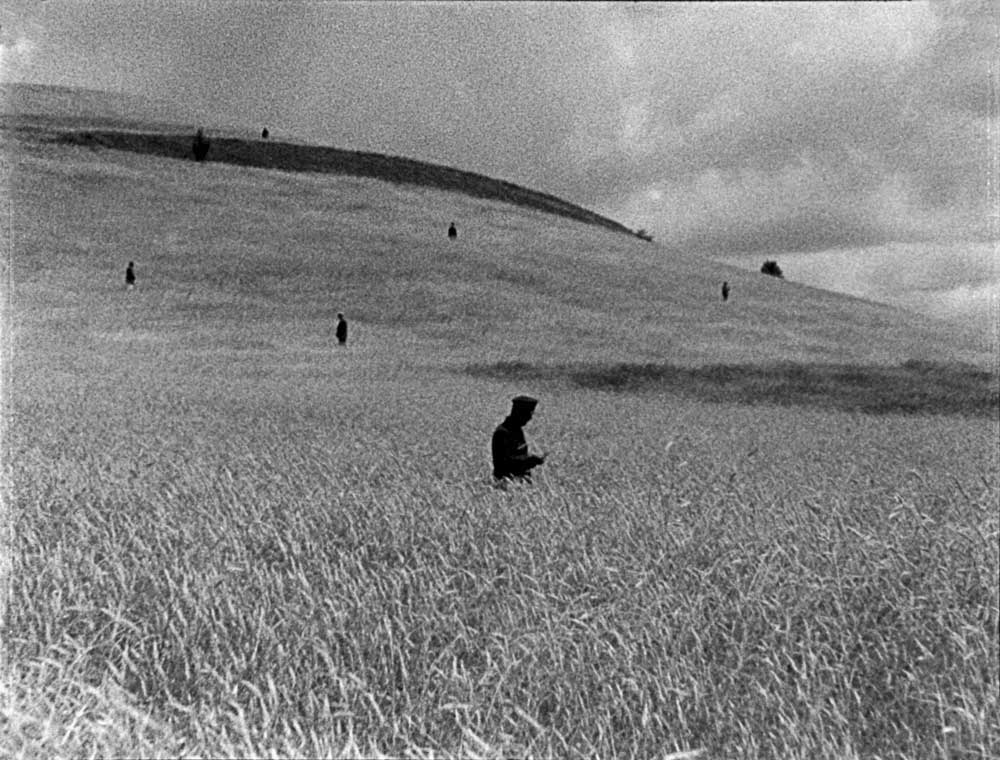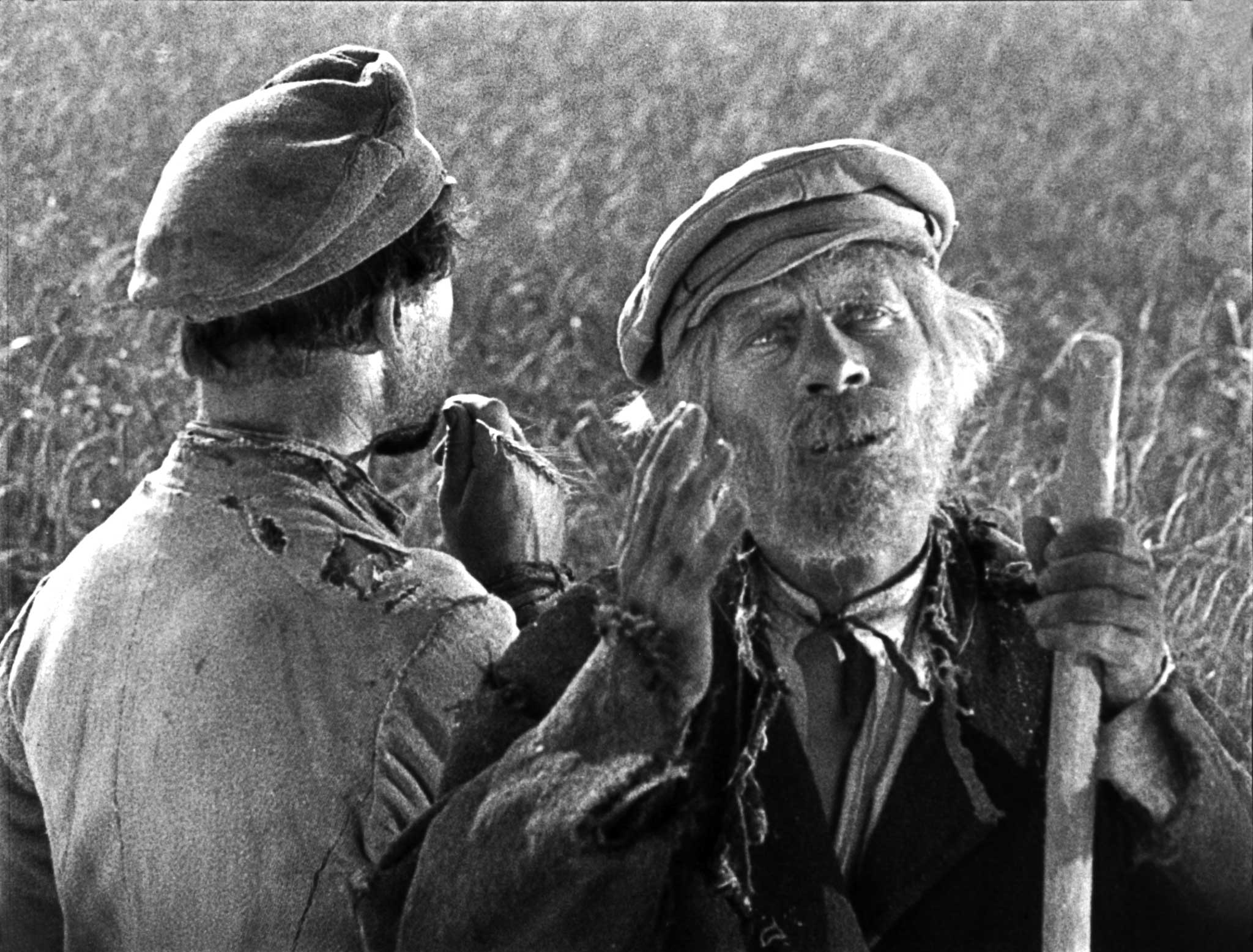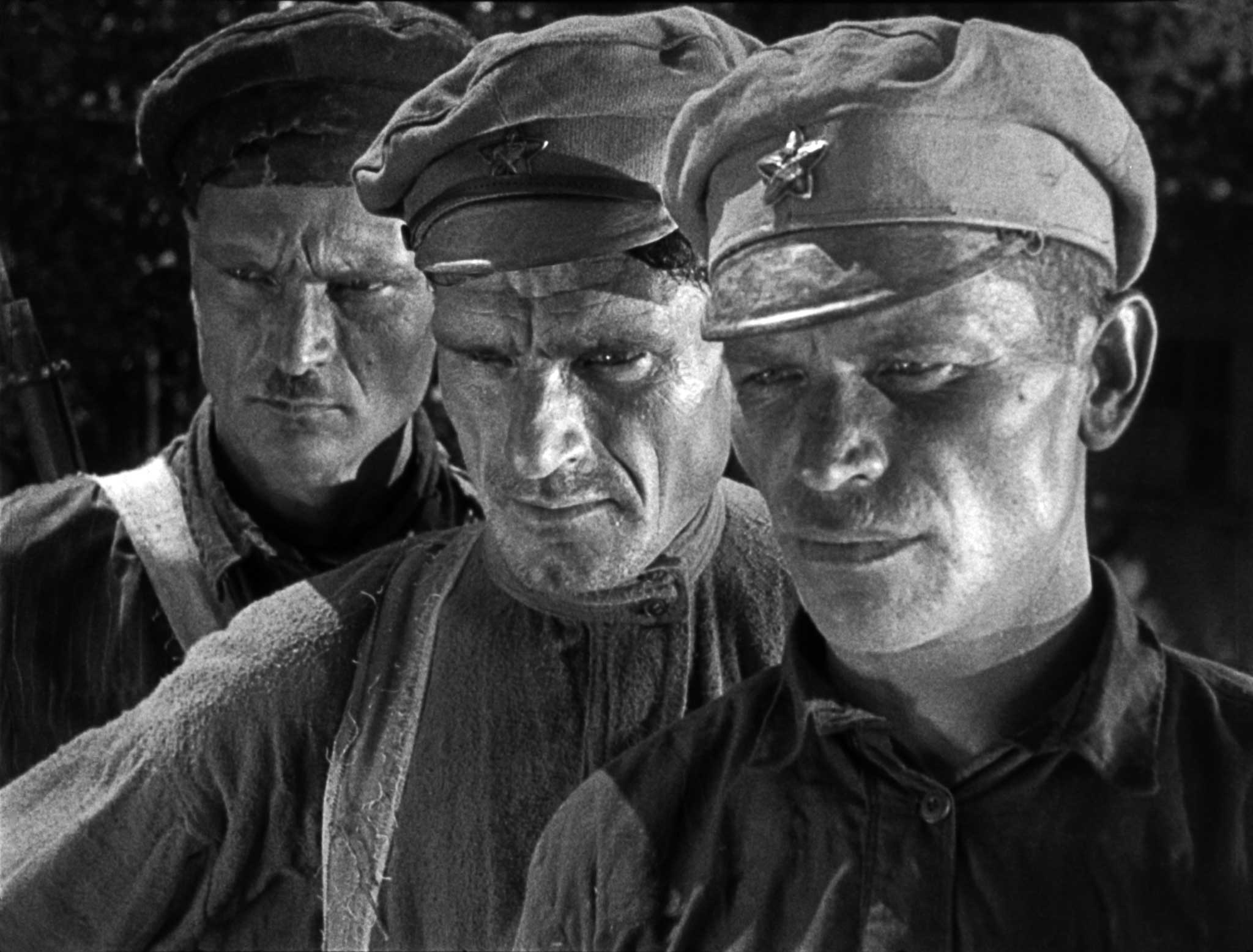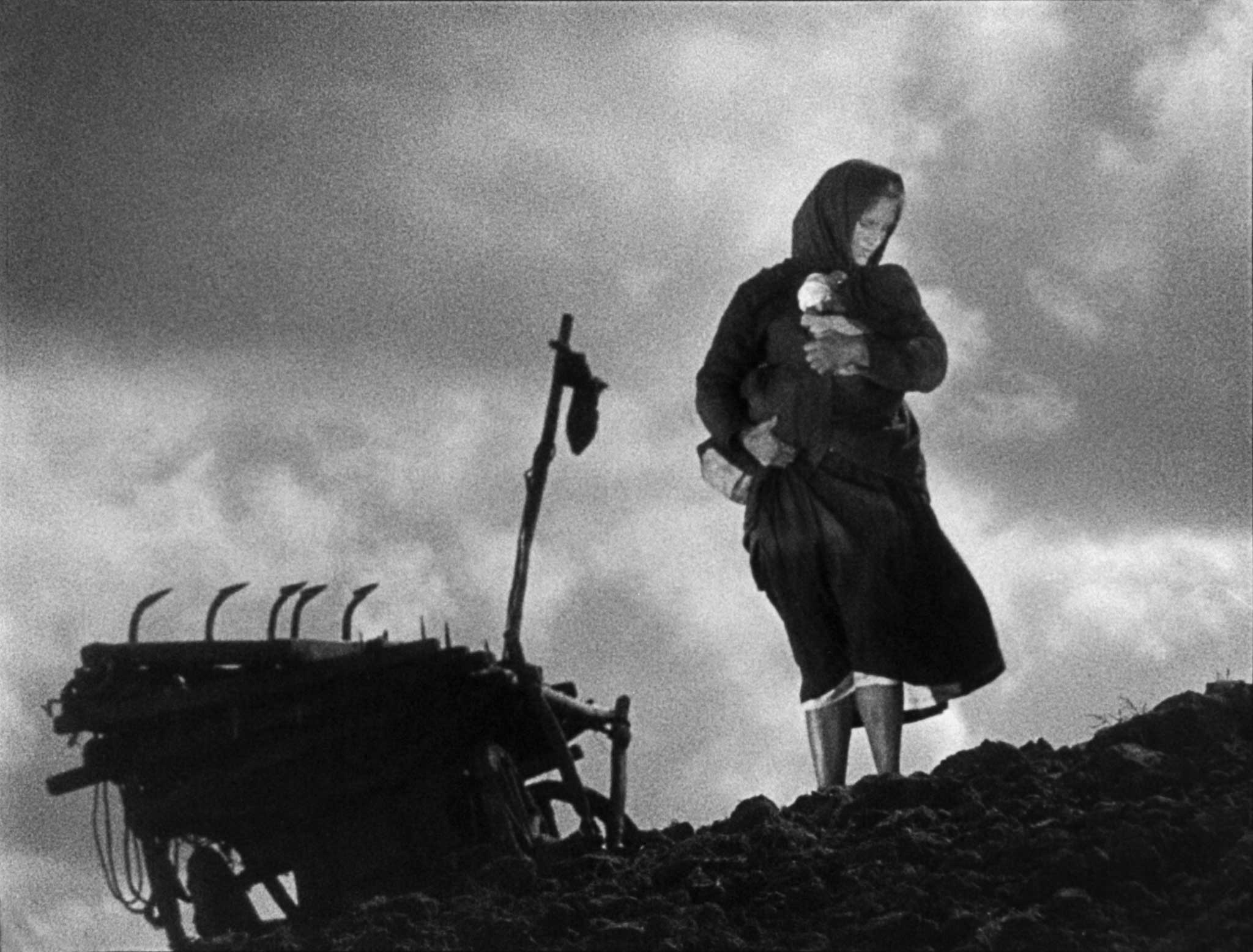
Bread / Khlib
1929
Ukrainian SSR
VUFKU
49 min
Mykola Shpykovskyi
Volodymyr Yaroshenko
Oleksii Pankratiev
Luka Liashenko, Sofiia Smyrnova, Fedir Hamalii, Dmytro Kapka, Zoia Kornieva
A Red Army veteran returns to his home village. He is inspired by the spirit of Collectivism, a policy promoting collective ownership of property. He plows the fields of the so-called “kulaks’”and sows grains taken from the well-to-do folk.
His father, a man with a traditional worldview, believes that stolen grains in stolen land cannot thrive. He exists in the pantheistic realm of the Ukrainian ethos, where sin possesses a material form. However, as the crops thrive successfully, the old man acknowledges his son’s view: to forge a new world, the ancient laws of the universe must be shattered.
The film Bread, created by Mykola Shpykovskyi in the same year as Dovzhenko’s Earth, stands as its paradoxical antipode in terms of worldview and aesthetics. While Earth had achieved cinematic prominence long ago, Shpykovskyi’s film Bread remained unfamiliar to a broad audience until recently.
In one of the film’s rare annotations, the plot is succinctly described as following: ‘The film aims to depict the interactions between urban and rural regions around the food supply.’ Yet, Bread seeks to cover a wider historical context. The film is set in 1920, and in typical Soviet utopian fashion, one seed season magically encompasses a decade of progress, including policies of Electrification and Collectivization.
Completed in October 1929, Bread was banned due to its depiction of a “false idea of the struggle for bread”. Consequently, the film was never officially released. Mykola Shpykovskyi, an exceptional director, was practically erased from the Ukrainian cinema’s history. He relocated to Moscow, and by the mid-thirties, he stopped filming, redirecting his focus toward scriptwriting.
